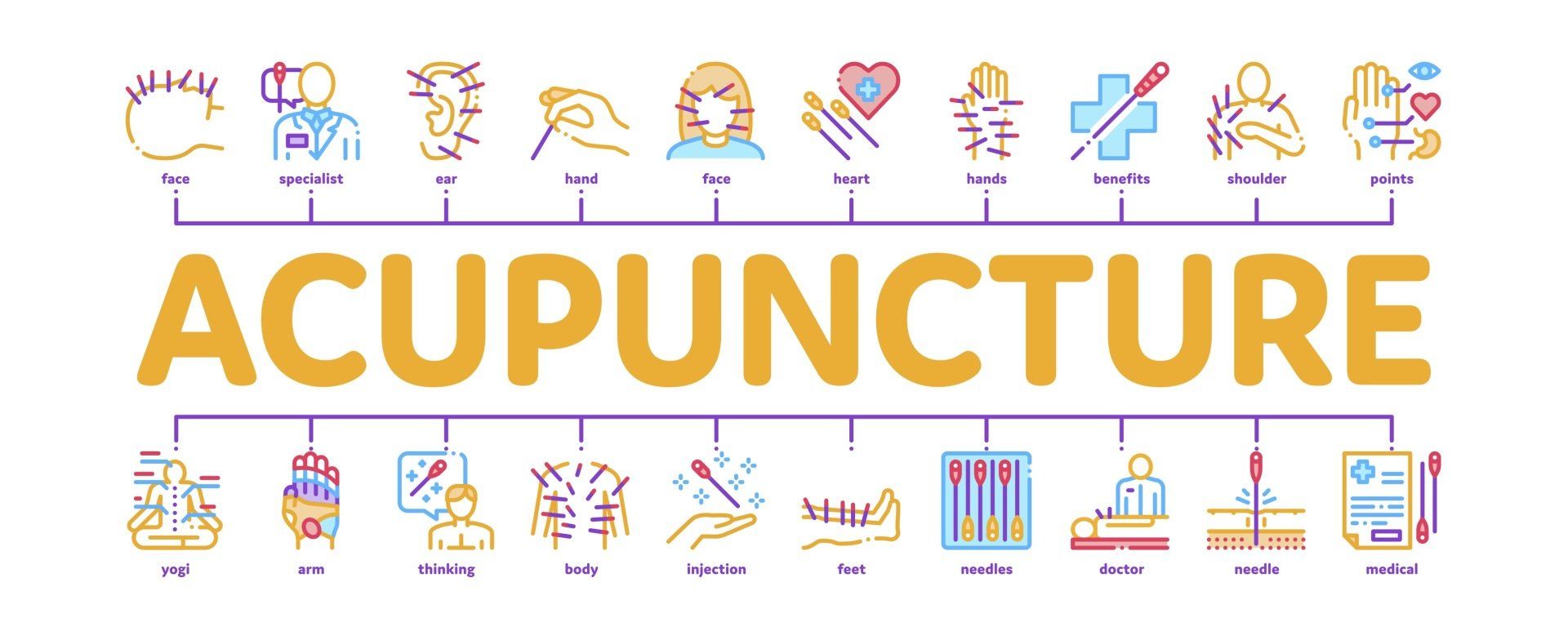Foods That Might React Negatively with Medicines
When we’re taking care of our aging loved ones in their terminal condition, it can be helpful to know that their medications will have potential reactions to certain foods, which may affect the potency and effectiveness of said drugs. This means that while we monitor our loved one’s diet and ensure they adhere to their medications, we also need to make sure that the foods they take don’t compromise their meds.
As a provider of Hospice Care in Aurora, Colorado, we have compiled this list of foods that have negative reactions to medicines and something that family caregivers should learn about. It doesn’t mean, however, that these foods should never be eaten anymore. It simply means that proper management should be practiced to prevent such reactions.
Consider the following:
- Grape (and Products from Grapefruit)
- Grapefruit juice inhibits the intestinal enzymes, which makes it difficult for some medicines to be absorbed by the body. Because of this, grapefruit is discouraged for patients who are taking statins and calcium-channel blockers, among others. Citrus fruits are good alternatives for grapes.
- Bananas
- Because of its rich content in potassium, bananas are an ideal food source for any person. However, if your loved one is prescribed with ACE inhibitors, which lowers blood pressure, their potassium level also increases. When they eat bananas, they may have excessive potassium.
- Cranberry Juice
- This juice helps alleviate urinary tract infection. However, when your loved one is taking Lipitor and statin medications, cranberry juice can disrupt their potency, making them unmatched for each other.
- Leafy Green Vegetables
- If your loved one is taking anticoagulant medicines, vitamin K in leafy greens, which helps improves blood clotting, can counteract the blood-thinning medications, which consequently affects the medicine’s potency.
At Pinnacle Hospice Care, we help you provide quality Skilled Nursing Care in Colorado so that your loved one will have proper monitoring of their diet, medication intake, and other care needs as they spend their remaining hours.
Aside from skilled nursing care, we also provide Bereavement Services especially after your loved one has crossed over. If you’re in need of hospice care, ask us.
This entry was posted in Hospice Care and tagged Medication, Medication Intake, Terminal Condition.










